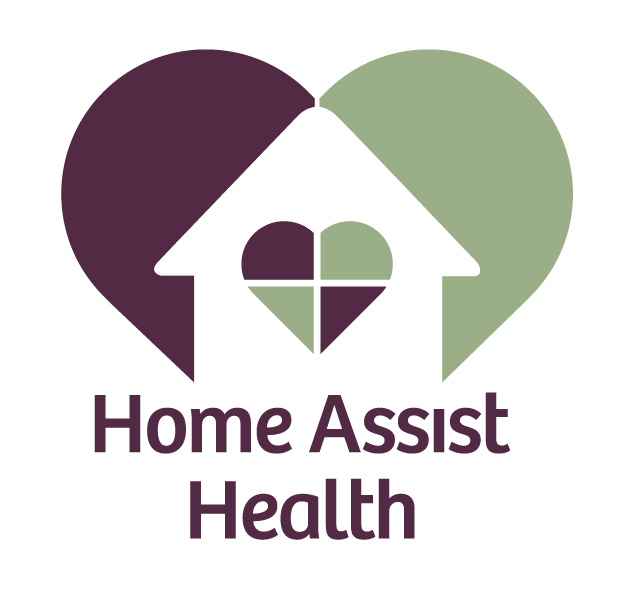 If you are not getting a full night’s rest as a caregiver, you are not alone. Research shows that up to 76% of caregivers reported poor sleep quality, and the percentage is considerably higher for female caregivers compared to male caregivers. Did you know that sleep disturbance can contribute to negative health outcomes? It is important to talk with your physician about sleep disturbances and the options available to help with lack of sleep.
If you are not getting a full night’s rest as a caregiver, you are not alone. Research shows that up to 76% of caregivers reported poor sleep quality, and the percentage is considerably higher for female caregivers compared to male caregivers. Did you know that sleep disturbance can contribute to negative health outcomes? It is important to talk with your physician about sleep disturbances and the options available to help with lack of sleep.
There are several ways to help yourself get a good night’s sleep. First, getting exercise every day is good for you in every way, and it helps with sleep and in reducing depression. Having a regular calming sleep routine—, e.g. taking a bath or reading—including a regular bedtime are also important. Try not to eat a big meal before going to sleep. In addition, having a room that is dark, quiet and a little cool can make a big difference. Lastly, we all know to cut down on caffeine, but also limit alcohol as they both may contribute to waking up during the night.
The National Institutes of Health have published a free booklet called “Your Guide to Healthy Sleep” which can be downloaded from their website, www.nih.gov. It’s a great tool to help yourself and the people you care for get the proper rest needed.
Getting a good night’s sleep is necessary not only for good health, but also affects the quality of care you provide to others. Make your health a priority and take these simple steps. You will be surprised at how you feel refreshed and what a little sleep can do for your overall wellbeing.
